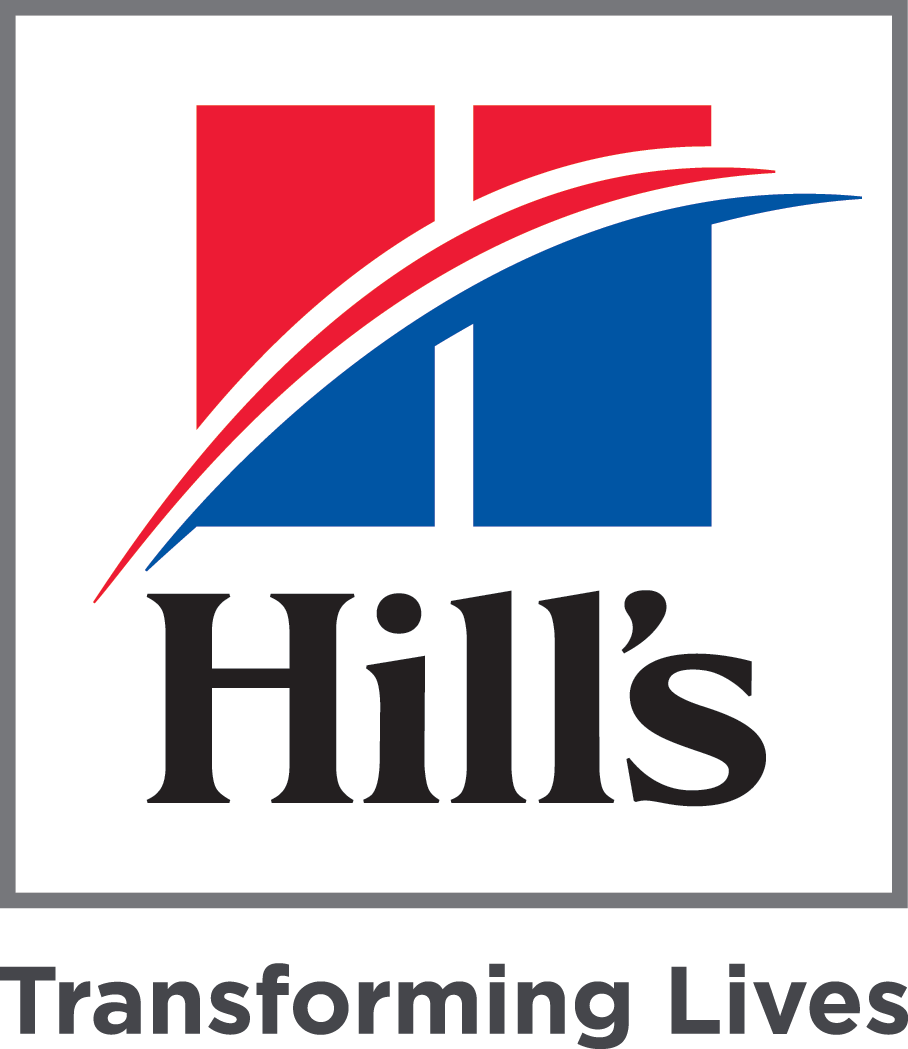Dr Carrie Santare
DVM, DACVIM- Neurology
Carrie was born and raised in Queens, NY and moved to Westchester County during her High School years. She received a BS with honors from Rochester Institute of Technology and a BS with high honors from Mercy College. She is a graduate of Cornell University College of Veterinary Medicine. Her rotating internship was completed in small animal medicine and surgery at VCA Veterinary Referral and Emergency Center in Norwalk and Shelton, CT. She then pursued a specialty internship in Neurology/Neurosurgery at the Gulf Coast Veterinary Specialists in Houston, TX. Her residency was completed at the University of Florida Small Animal Hospital and has a special interest in surgery, specifically atlantoaxial subluxation stabilization, intervertebral disc disease and seizure management. Carrie is a board-certified specialist in Neurology through the American College of Veterinary Internal medicine and completed the specialized training to be granted the Neurosurgery Certificate by the ACVIM. Presently, she is the Neurologist/Neurosurgeon at VCA Veterinary Referral and Emergency Center of Westbury.



